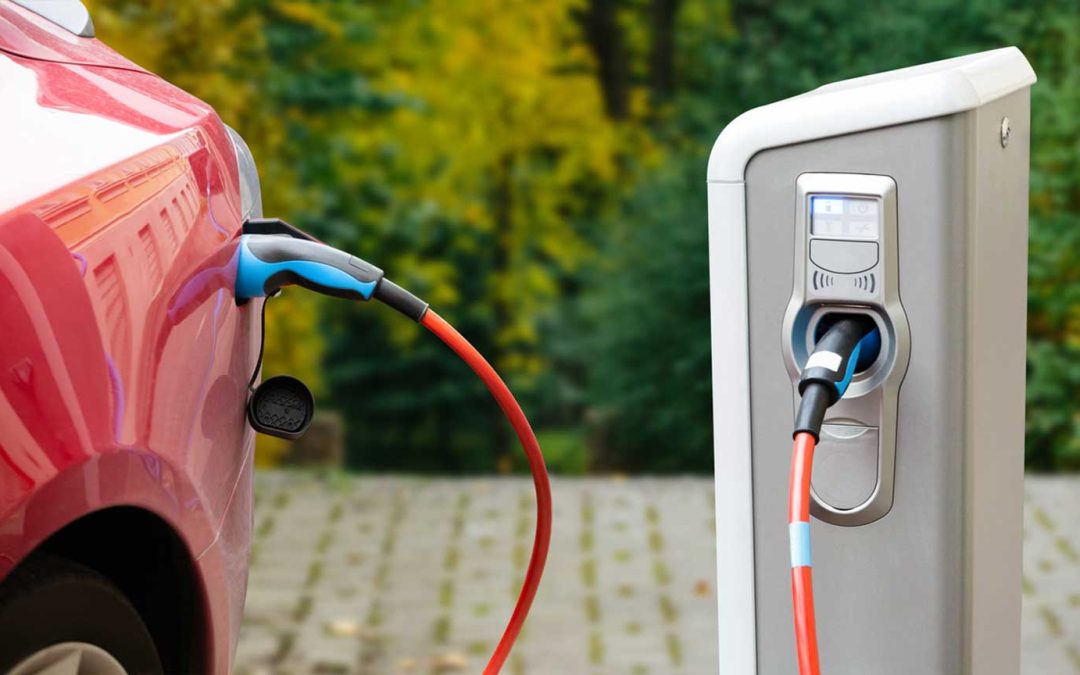As electric vehicles (EVs) become more popular, it’s increasingly important to have access to a reliable and efficient charging infrastructure. A home EV charger is a convenient and cost-effective solution to this issue. In this article, we’ll explore the benefits of having a home EV charger installed and the details involved in the process.
Benefits of Home EV Charger Installation
- Convenience: One of the primary benefits of having a home EV charger is the convenience it provides. You can charge your electric vehicle overnight or whenever it’s most convenient for you. No more waiting in line at public charging stations or worrying about running out of battery power during long trips.
- Cost Savings: Charging your EV at home is typically less expensive than using public charging stations. This is especially true if you take advantage of time-of-use pricing plans that offer lower rates during off-peak hours.
- Increased Resale Value: Installing a home EV charger can increase the resale value of your home. Many potential buyers see the availability of a home charging station as a significant advantage and are willing to pay more for it.
- Environmental Benefits: Using an EV charger at home means that you’re using energy from your local power grid, which may come from renewable sources such as wind or solar. This reduces your carbon footprint and helps to combat climate change.
Details of Home EV Charger Installation
- Types of Chargers: There are two main types of EV chargers: Level 1 and Level 2. Level 1 chargers use a standard household outlet and can take up to 20 hours to fully charge an EV battery. Level 2 chargers require a dedicated 240-volt circuit and can fully charge an EV battery in 4-8 hours.
- Location: The most common location for a home EV charger is in your garage or carport. However, you can also install a charger outside if you have a dedicated parking space.
- Required Electrical Work: Installing a Level 2 charger will likely require some electrical work. You’ll need a dedicated 240-volt circuit, which may require upgrading your electrical panel. It’s important to hire a licensed electrician to ensure that the installation is done safely and up to code.
- Cost: The cost of a home EV charger installation varies depending on the type of charger, location, and required electrical work. Level 1 chargers typically cost between $300-$600, while Level 2 chargers can cost anywhere from $500 to $2,500 or more.
- Rebates and Incentives: Many state and local governments offer rebates or incentives for home EV charger installations. Additionally, some utility companies offer special pricing plans for EV charging.
In conclusion, installing a home EV charger provides numerous benefits, including convenience, cost savings, increased resale value, and environmental benefits. While the installation process may require some electrical work and upfront costs, the long-term benefits are worth the investment.
